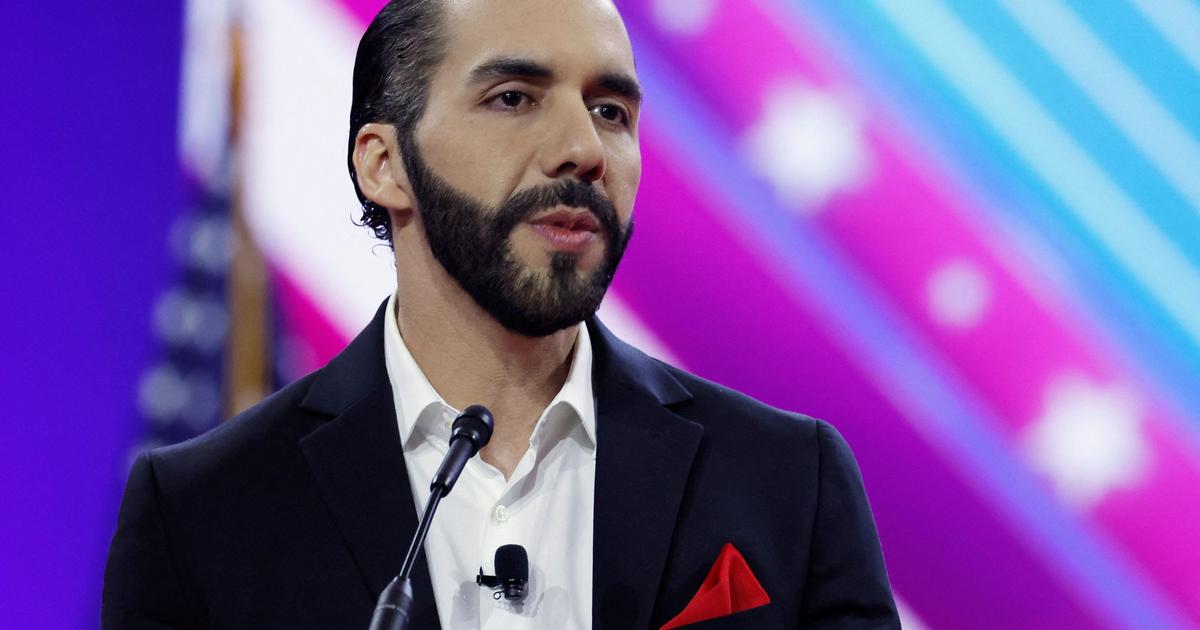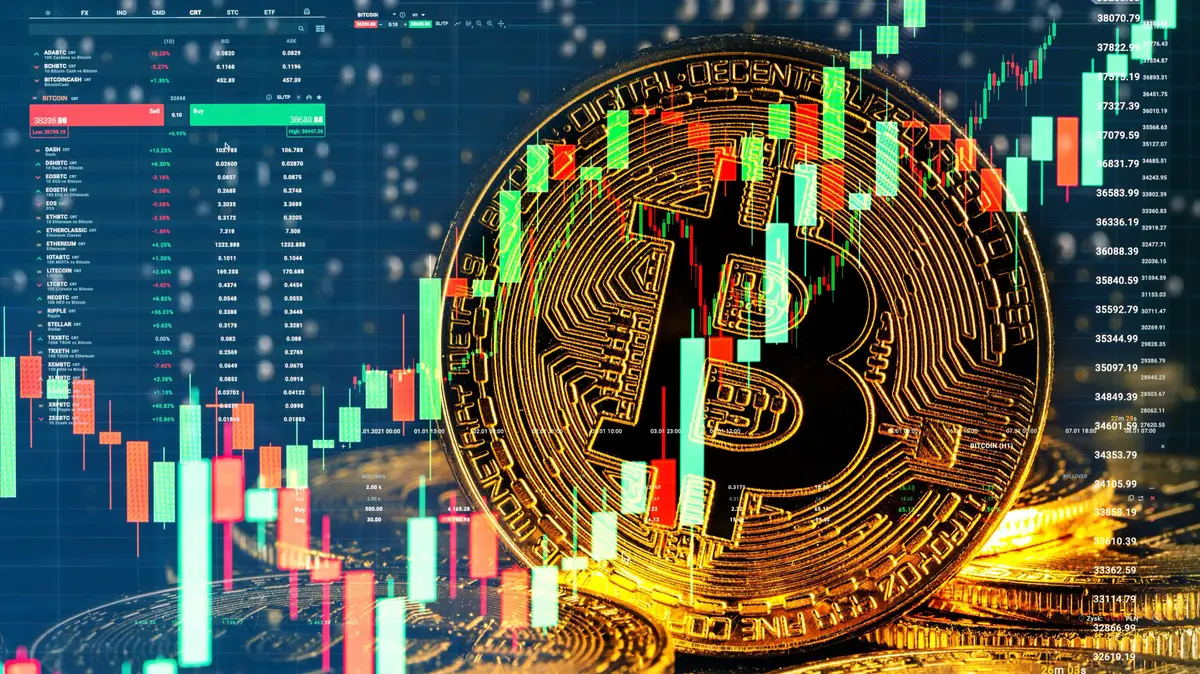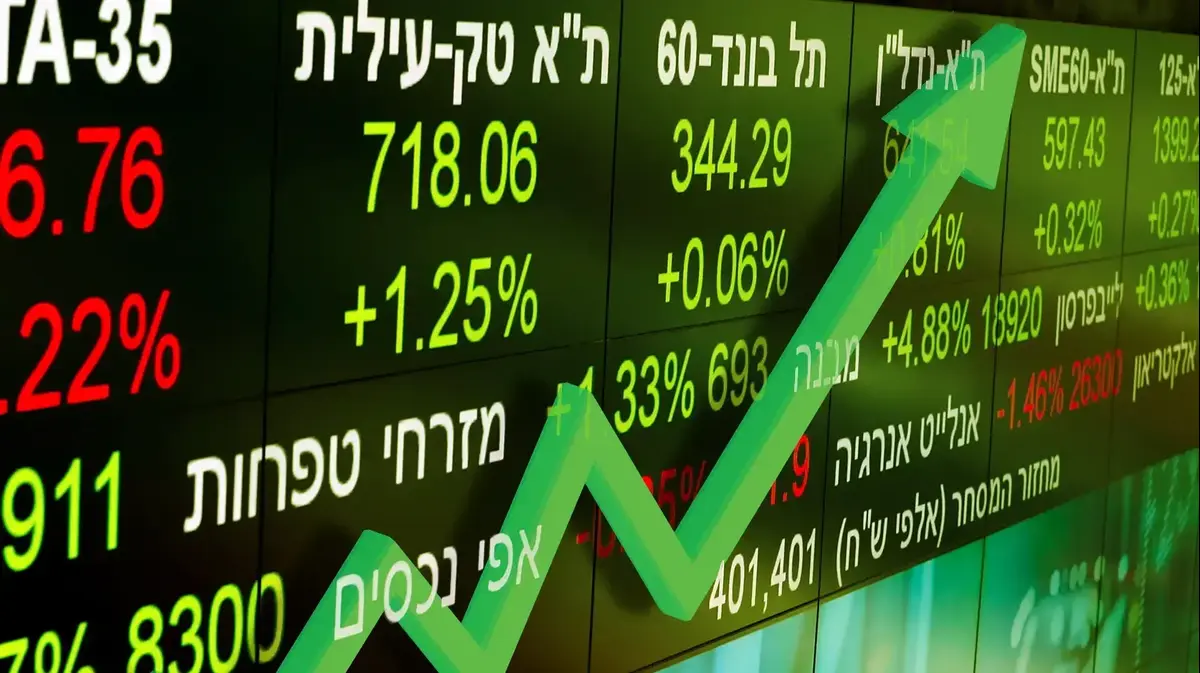The extreme volatility of cryptocurrencies can have serious consequences on the economy of countries that have given legal tender to these payment systems. The revolutionary bias they appear to conceal, in reality, a vulnerability that citizens subjected to risky experiments by their rulers may end up paying for. Since four months ago, El Salvador became the first nation in the world to incorporate a cryptocurrency as legal currency, it has lost several million dollars. After approving the law that forces all businesses in the country to accept payments in cryptocurrency, its president, Nayib Bukele, acquired some 1,391 bitcoins with public money. He bought on the upside, when they cost between $50,000 and $69,000. Last week, its value was devalued by 40%.His management generates so much suspicion that the country's bonds registered "the worst performance in the world" in 2021, with losses of almost 30%. Now the money that local businesses have collected in bitcoins is worth less and the country's debt is worth more.
Bitcoin is not only unstable, but hypersensitive to non-market forces. An Elon Musk meme is capable of lowering its value by 5% and two weeks ago it fell by 8% due to the protests in Kazakhstan. When the president, Kasim-Yomart Tokáyev, authorized the security forces to “shoot without warning” and blocked the internet for the entire population, he left hundreds dead on the streets and 88,000 crypto miners out of the game, 14% of the infrastructure total bitcoin. A year ago, three-quarters of the bitcoin network was concentrated in China. When the communist party banned it, among other things to mitigate its energy crisis, part of the exodus settled in Kazakhstan, making the former Soviet republic the second largest bitcoin mining center in the world.Now that the Asian country is facing its own energy crisis, Bukele invites crypto miners to El Salvador, where they can enjoy "very cheap, 100% clean, 100% renewable energy, with zero emissions, from our volcanoes."
Kazakhstan is one of the world's largest fuel exporters. According to reports from the International Energy Agency, in 2018 it was the ninth largest exporter of coal and crude oil, and the twelfth of natural gas. Its gross domestic product has doubled many times since 2002. El Salvador has a poverty level of 29.6% and its electricity network did not reach the entire population until 2019. Salvadorans consume an annual average of 5.93 terawatt hours (TWh) and only a quarter of that energy comes from the geothermal facilities of the state electricity company. According to data from the Cambridge University energy meter, at this time bitcoin consumes an annual average of 135 TWh, 0.61% of global energy. 14% of that is almost 19 TWh.
The similarities between El Salvador and Kazakhstan are few, but their presidents do resemble each other: both have agreements with local mafias, fortunes in tax havens and detainees without charge in prison.
Both are also users of Pegasus, the NSO Group software they use to monitor journalists, opponents and activists.
But Nayib Bukele is more visionary: a new tax haven is being built specialized in laundering subsidized cryptocurrencies with the money of all Salvadorans.
It is as difficult to call it a technological revolution as it is for the numbers to come out.

/cloudfront-eu-central-1.images.arcpublishing.com/prisa/4Q6GF5HD3C6B7PQU25QUBWSRB4.jpg)













